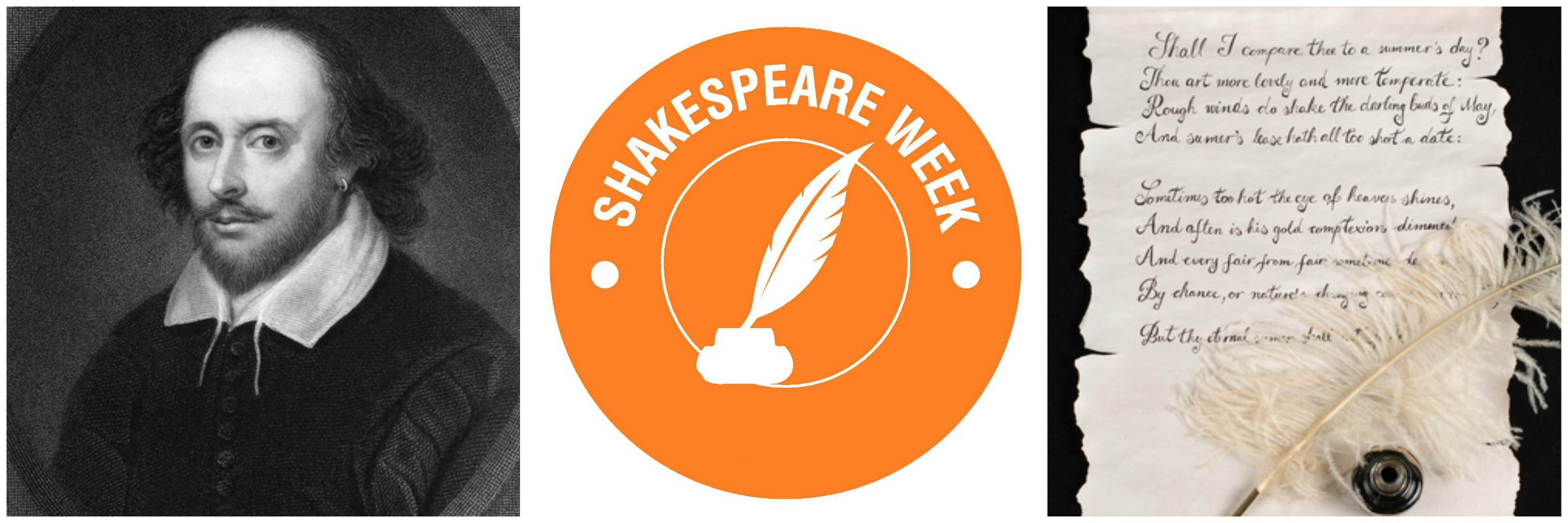Here are two words that don’t seem to have much to do with each other: REVISION and FUN. Well, the closer you can get these two words to each other, the more you’ll enjoy preparing for your exams and the more effective your revision will be. Sounds crazy – fun revision?! Well, maybe right now, but work at it and you know what – your life will be transformed.
EdPlace teachers, Ms Alison and Mr Julian are sharing their top tips to help you maximise the revision period. These are tried and tested methods, keep switching them up until you find what works for you. Let's get you ready to #ReviseandShine!
Mr Julian, Science teacher
Make it short but intense. Who looks forward to an hour sat at their desk with their notes in front of them to wade through? How about setting a definite target to achieve, something that is definitely possible, so that you can feel a sense of real achievement at the end of your revision time.
Have something to look forward to as a ‘reward’. Something to eat, a game to play, something to watch, a friend to meet – whatever, but work towards the ‘reward’ you set yourself. You’ll enjoy it way more.
Make mini-exams for your friends. This works really well! As you go through a topic pick out really good questions to ask your friends – have everyone do this! You’ll be learning as you go through your notes, you’ll be learning as you write the questions, you’ll be learning as you ask your friends and you’ll be learning as you wait for the expected answer – and so will your friends! Everyone’s a winner!
Test your teddy. Yes, really! When you reckon you’ve nailed a topic, explain it to your teddy – your teddy loves you, right, so there’s no judging you here, but it’ll really help to cement things in your head as you talk through the topic: why, what, how, when, etc.. Go on – try it!
Practice papers! Don’t forget to collar your teachers and ask if you can grab a copy of some of the past exam papers to go through – once you reckon you’re about there with the subject, this is a great way of checking your progress.

Ms Alison, Primary teacher
Times tables and spellings. Split them into 1-6x then 7-12x, with spellings, group into 5-6 words at a time. Spend a short amount of time learning the first six, do it every day for a week. Do it forwards, backwards, test yourself in the car, walking, cycling, in the supermarket! Find the patterns, link them to silly pictures or rhymes. Then take on the next six.
Use colours. If you are trying to remember facts, turn them into pictures or use different colours, for example, if you're revising English, split spelling words into the root word (one colour) the prefix (another) and the suffix (another). I.e. disproportionately, unwisely.
Turn learning into games. Word cards can be used for all sorts of fun games. Cut a stack of thin or coloured card into playing card sized rectangles and write a single word on each. You can use these to help with spellings, adjectives, punctuation or conjunctions. Stick them around the house, play matching games, snap, or set up simple sentences then slot in words or punctuation to make them more complex.
Word of the day. Introduce a new word each day, discuss the meaning, when it might be used, find ways to drop it into sentences, practice spelling it. Move on the next day. Regularly review all the new words you have covered.
Number of the day. Choose a number and put it in the middle of a blank piece of paper. Set a challenge to find out all the facts you can about this number; is it odd? Even? Square? Prime? What is 10x the number? 20x? 100x? Can you divide it by 10? 100? 1000? What fraction is it of 100? 1000?
Don't forget, you can also use EdPlace's worksheets, assessments and revision materials to help get you exam-ready!












